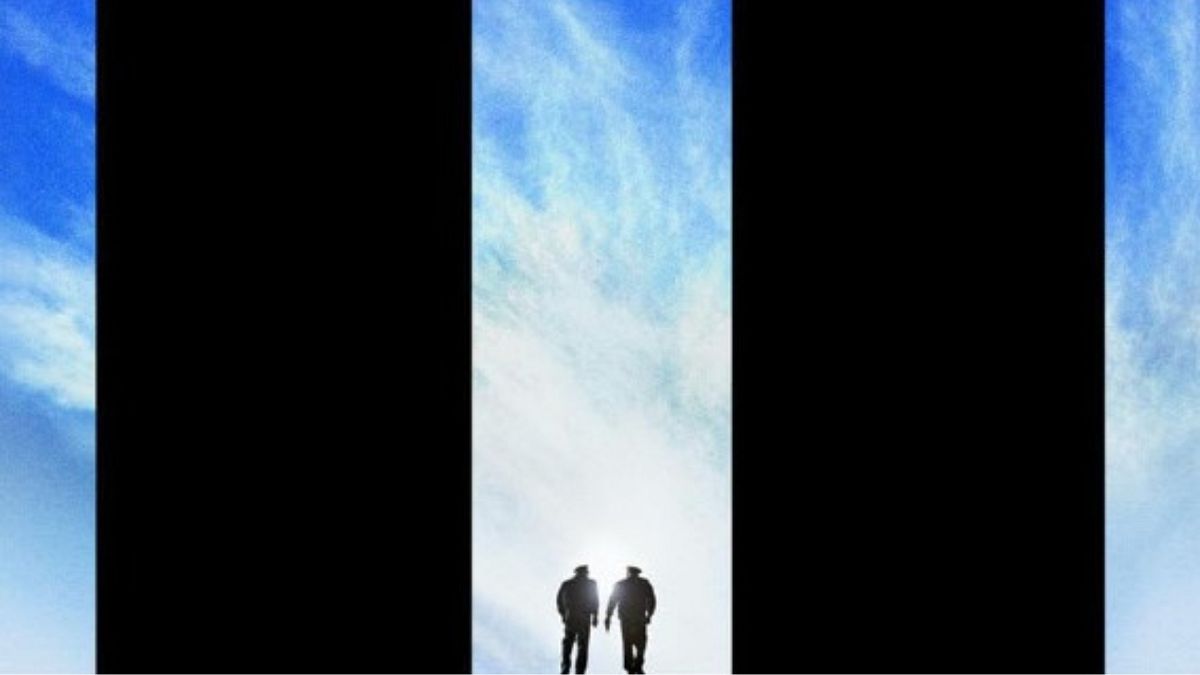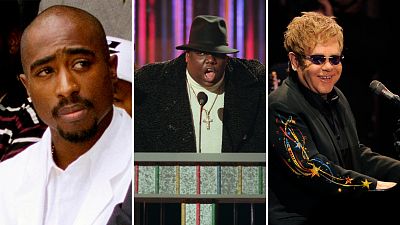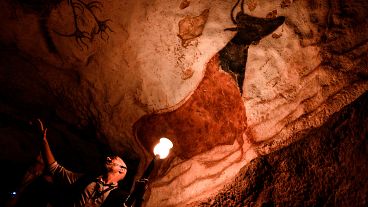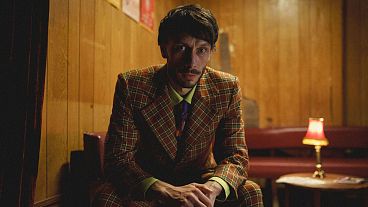11 September 2001: The 9/11 attacks shock the world
On this day in 2001, four passenger aeroplanes were hijacked by al-Qaeda terrorists. Two were crashed into the Twin Towers of the World Trade Center in New York City. Another was crashed into the Pentagon, while the final plane crashed into a field following a passenger revolt. 2,977 civilians were killed in the attacks, as well as the 19 terrorists involved.
The attacks, planned by Osama bin Laden, instigated the two-decade war on terror which included the US’s invasion of Iraq and Afghanistan. It’s estimated that up to 4.6 million people have been killed as a result of the war on terror.
Culturally, 9/11 also had a huge effect on the arts. After the relatively globally peaceful 90s, 9/11 brought an atmosphere of anxiety to the US. Terrorism became a common fear, while many Muslims in Western countries experienced decades of increased Islamophobia.
A lot of art was impacted in the immediate aftermath of the attacks. Many things were postponed that included visual references to the destroyed towers or featured scenes with terrorism acts on planes or in New York.
One famous example was the Disney animated film Lilo & Stitch. Originally, the film had a scene where many of the characters hijack a Boeing 747 jet and fly it through downtown Honolulu. The scene was edited to replace the plane with an alien spaceship.
The 53rd Primetime Emmy Awards were postponed from 16 September to 6 October, only to be postponed again to 4 November when the US began bombing Afghanistan on the second date.
Trailers and posters for the upcoming Spider-Man film had images of the Twin Towers removed, while Martin Scorsese film Gangs of New York was delayed by an entire year to be eventually released in December 2002.
In music, the massively hyped-up debut album ‘Is This It’ from indie-rock legends The Strokes had its US release delayed with the song ‘New York City Cops’ replaced with B-side ‘When It Started’ due to fears American audiences wouldn’t appreciate lyrics critical of the city’s police officers.
There are many more examples of similar changes. But the impact of 9/11 continued through the 00s and beyond. Novelists tackled how the attacks changed the national mood, from postmodern champion Don DeLillo’s 2007 novel ‘Falling Man’ to Jonathan Safran Froer’s precocious debut ‘Extremely Loud & Incredibly Close’ in 2005
In film, Oliver Stone’s 2006 disaster movie World Trade Center starred Nicolas Cage and was as predictably clawing and manipulative as you can imagine it would be. A better attempt to find humanity in the event came from Paul Greengrass’ United 93 which focused on the passenger revolt on the fourth plane and was made with the cooperation of the passengers’ families.
The anxiety and violent patriotism that followed the attacks in the US is captured – whether intended or not – well by Clint Eastwood’s 2014 film American Sniper. Eastwood’s biopic of Chris Kyle’s life as the deadliest sniper in US military history features plenty of the new trope of faceless Muslims being murdered on screen for viewing pleasure. It’s a trope that is somewhat satirised by Katheryn Bigelow’s Oscar-winning The Hurt Locker.
Perhaps the best film to capture the change in atmosphere that 9/11 created isn’t from the US. 2010’s Four Lions from British comedian Chris Morris portrayed a group of inept would-be terrorists planning an attack on the London Marathon. An early starring role for Riz Ahmed, the film perfectly captures both the madness of extremism and the on-edge Islamophobic atmosphere in Britain.



